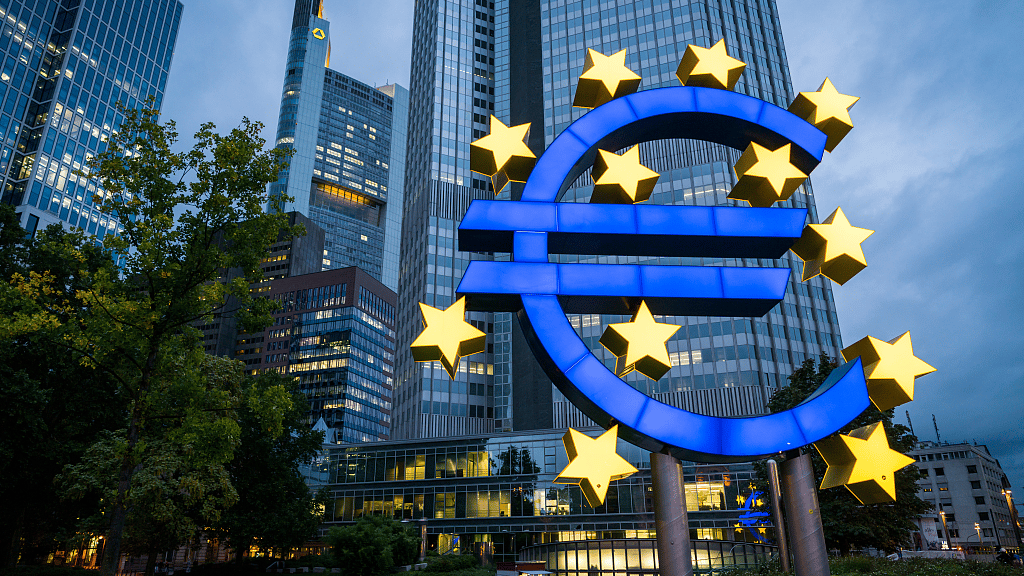- Read Sunday Newsletter
- Posts
- Eurozone Navigates Minor Recession Amid Energy Crisis: A Silver Lining Emerges
Eurozone Navigates Minor Recession Amid Energy Crisis: A Silver Lining Emerges
Written by William Lemanske
Eurozone Navigates Minor Recession Amid Energy Crisis: A Silver Lining Emerges

June 08, 2023
In the wake of Russia's conflict with Ukraine, which led to a spike in energy costs, the Eurozone experienced the most minor recession during the winter. The 20-country economy contracted by 0.1% from January to March, according to revised data, marking the first biannual decline since the Covid-19 pandemic. Despite repeated assurances from politicians and European Central Bank officials that a downturn could be avoided, the economic shrinkage is a setback, particularly in light of inflation reaching its peak since the Euro's inception.
However, the absence of extreme economic damage expected following Russia's invasion provides some relief for policymakers. Their extensive financial aid for households across the region seems to have mitigated potential harm. With anticipated economic growth in the current quarter, authorities are likely to further withdraw fiscal backing. The European Central Bank is also expected to maintain its approach as it wraps up its unprecedented series of interest-rate increases, emphasizing that inflation control is crucial for steady economic growth.
The dip in the Eurozone's economic performance in the first quarter can be attributed to reduced government and household expenditure, as per Eurostat. Inventories negatively impacted the economy, while trade had a positive effect. The figures align with data from Germany, which, along with Greece and Ireland, also experienced a winter recession. Estonia hasn't seen growth since the end of 2021, and three more countries in the Eurozone— Lithuania, Malta, and the Netherlands— also experienced a contraction in the first quarter.
Nonetheless, the future appears brighter. Last month, the European Commission improved its forecast for the region, predicting a 1.1% GDP growth this year and 1.6% in 2024. There are also encouraging signs concerning inflation: although price increases are still triple the 2% target, both headline and core measures retreated more than expected last month, and consumers' expectations are also showing moderation.
Reply